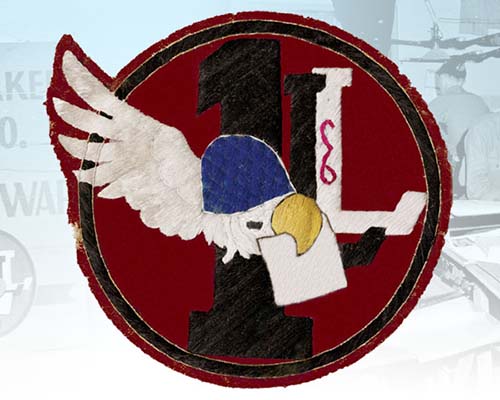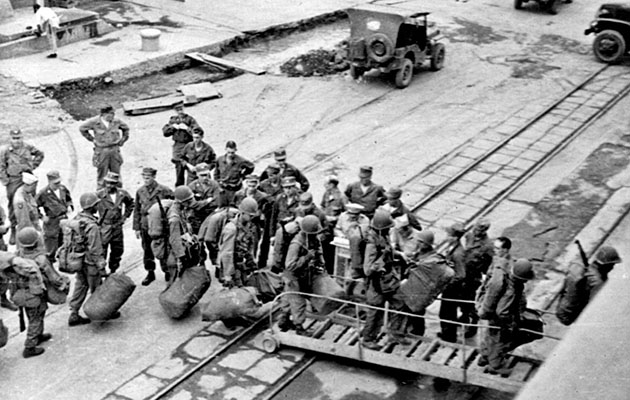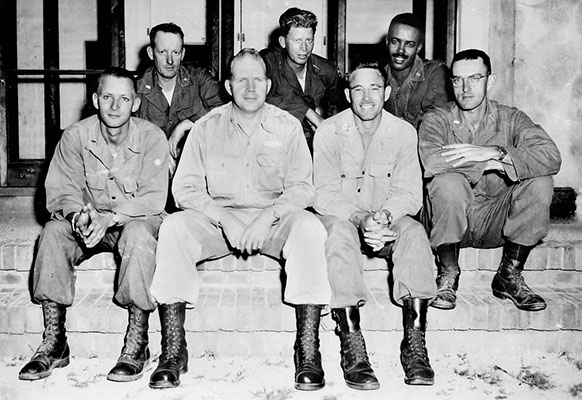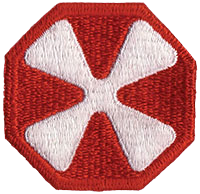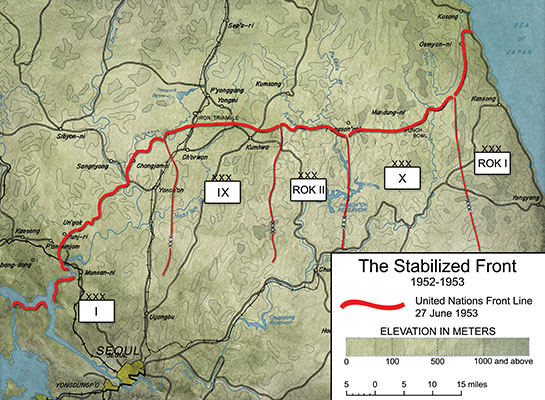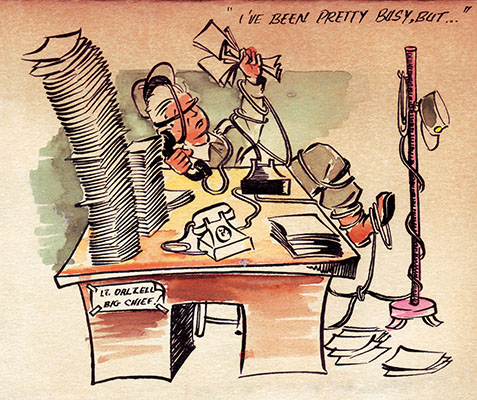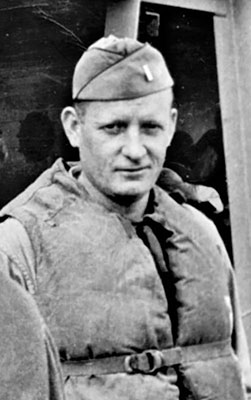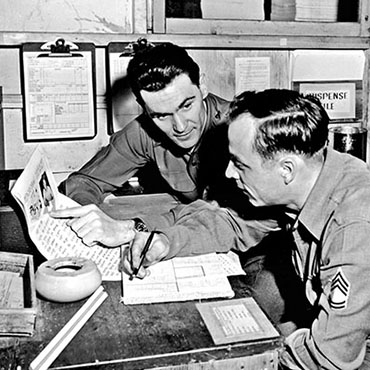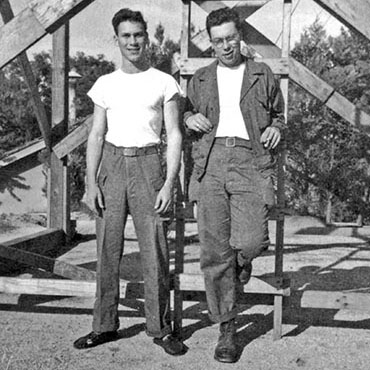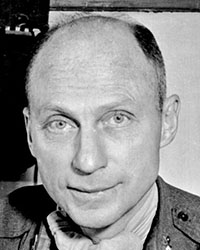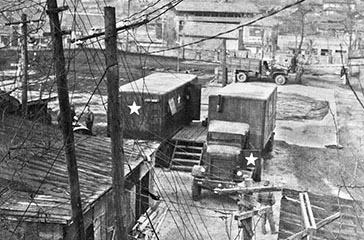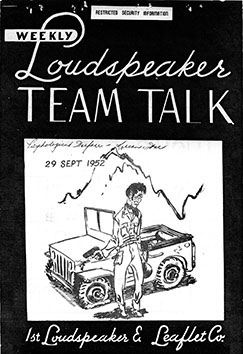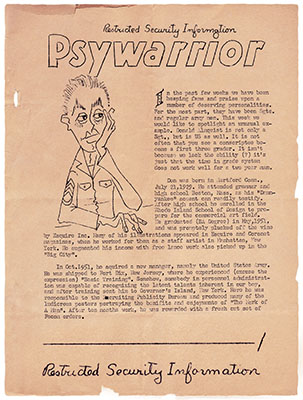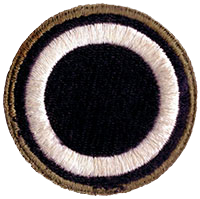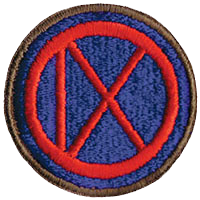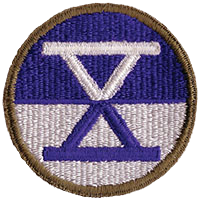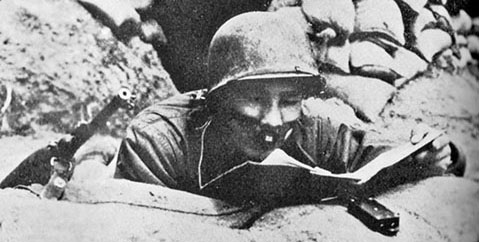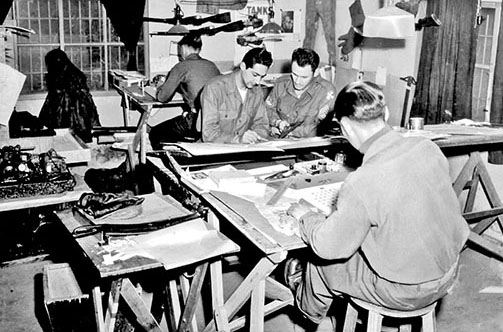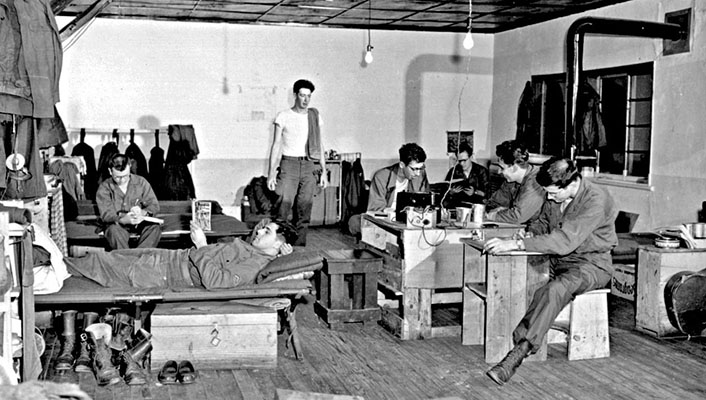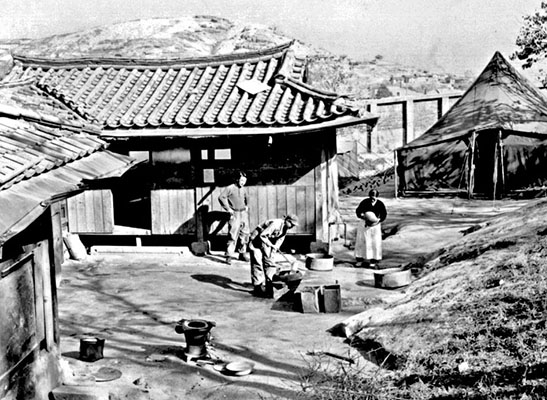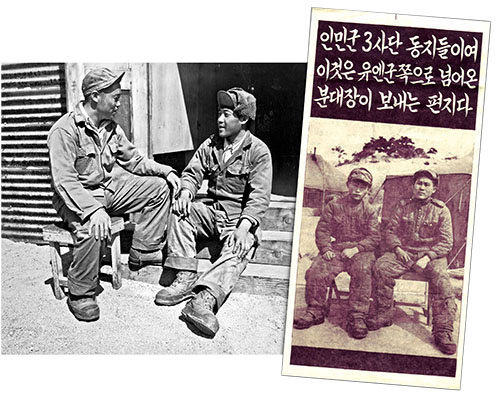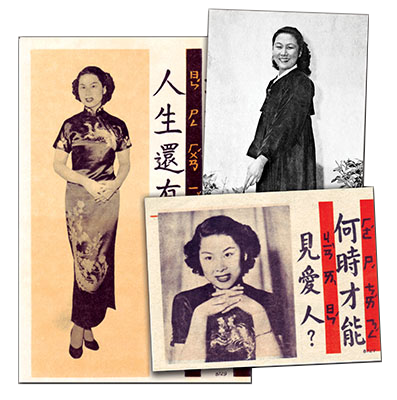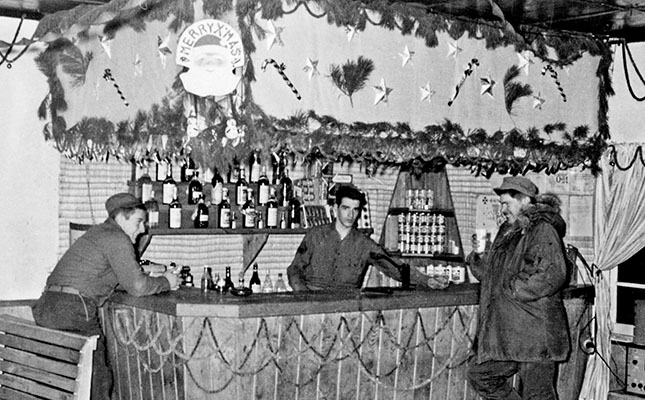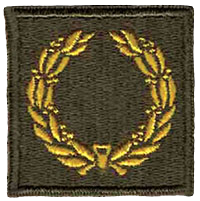DOWNLOAD
The Korean War veterans of the 1st Loudspeaker & Leaflet (L&L) Company, Eighth U.S. Army, a key lineage unit of the 1st Psychological Operations Battalion (Airborne), held their first reunion at Fort Bragg, N.C., from 22-24 May 2007. Four 1st L&L Psywar veterans who were killed in action in Korea were commemorated on 24 May 2007 when their names were added to the U.S. Army Special Operations Command Memorial Wall. The 1st PSYOP Battalion dedicated their classroom to the 1st L&L Company and a Korea Psywar display was exhibited at the Airborne and Special Operations Museum in downtown Fayetteville, N.C. A former 1st L&L Publications Platoon veteran provided a collection of unit photos from 1953 for the display.
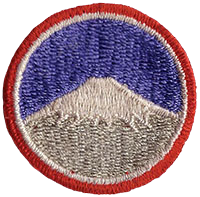
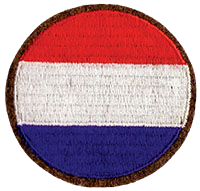
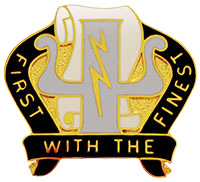
These photos preserved the daily routine and unit personalities in the 1st L&L in Seoul, Korea, from 1952-1953. They captured the essence of tactical Psywar and are an invaluable historical record worth sharing with today’s Army Special Operations Forces. Since former Sergeant Herbert Shevins from Brooklyn, New York, was responsible, the following essay revolves around his photographic contribution as the unit mission shifted from supporting the propaganda war to maintaining vigilance during the armistice. The final tasks were quite different from those envisioned in late summer 1950.
When North Korea invaded South Korea on 25 June 1950, the Special Projects (SP) Division in the G-2 (Intelligence) of Far East Command headquarters in Tokyo, Japan, provided the Psywar capability for the command. General (GEN) Douglas A. MacArthur ordered its creation in November 1949 to plan Psywar measures to counter Communist aggression in Asia. Mr. J. Woodall Greene, a retired colonel who had been the deputy director of the general’s WWII Psywar campaign against Japan, had a staff of four personnel to accomplish that theater mission.1 The robust Psywar capability built by the Army during World War II had been eliminated in post-war military reductions.
